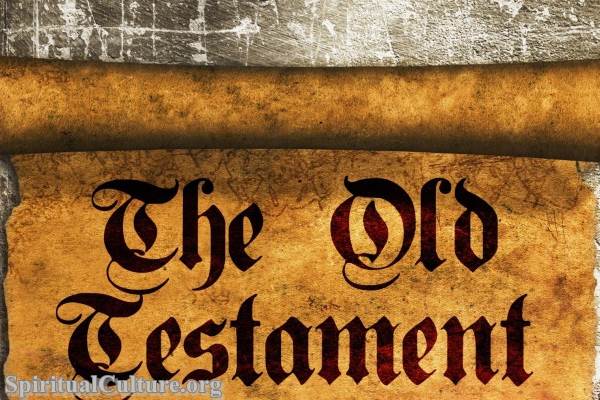Christianity is a monotheistic religion centered on the life and teachings of Jesus Christ, who is believed by Christians to be the Son of God and the Savior of humanity. It is the largest religion in the world, with over two billion adherents.
Christianity Definition: An Overview
When we delve into the discussion of Christianity definition, we embark on a journey to understand one of the world’s largest and most influential religions. Christianity, in its simplest terms, is a monotheistic religion centered on the life, teachings, death, and resurrection of Jesus Christ. However, to encapsulate the entirety of Christianity within a single definition is a challenging task. Its complexity and depth are woven into its history, doctrines, practices, and its impact on society and individuals’ lives.
Defining Christianity goes beyond identifying it as a religion. It is a faith system, a set of beliefs, and a way of life for its followers, known as Christians. It is a relationship with God, established through Jesus Christ, who Christians believe is the Son of God and the savior of humanity.
Definition of Christianity: The Core Beliefs
To further understand the definition of Christianity, it’s crucial to explore its core beliefs. Christianity is anchored on the belief in the Holy Trinity – God the Father, Jesus Christ the Son, and the Holy Spirit. This belief in the triune God is unique to Christianity and sets it apart from other monotheistic religions.
Christians believe that Jesus Christ is the Son of God, born of the Virgin Mary, and that He lived a sinless life on earth. They believe that He performed miracles, taught about God and His kingdom, and provided a perfect model for human conduct. The crucifixion of Jesus Christ, as narrated in the New Testament of the Bible, is a pivotal event in Christian belief. They believe that Christ willingly sacrificed His life, dying on the cross to atone for the sins of humanity.
The resurrection of Christ, three days after His death, is another cornerstone of Christian belief. Christians believe that through His resurrection, Christ defeated death, providing eternal life for all who believe in Him. This belief in life after death is a significant aspect of the Christian faith, giving Christians hope for a future beyond the physical world.
Christianity Definition: The Practices
Christianity is not just a system of beliefs but also involves specific practices that express and solidify these beliefs. These practices often vary among different Christian denominations but generally include prayer, reading and studying the Bible, attending church services, receiving sacraments such as baptism and communion, and practicing acts of charity and service.
Christianity Definition: The Impact
The impact of Christianity on the world is immeasurable. It has shaped cultures, laws, arts, and societies over centuries. It has provided a moral framework for many societies, influenced the development of educational and health institutions, and inspired countless works of art, literature, and music.
In conclusion, the definition of Christianity is multi-faceted, encompassing a set of beliefs and practices based on the life, teachings, death, and resurrection of Jesus Christ. It is a faith that has profoundly influenced the world in numerous ways. However, at its heart, Christianity is a personal relationship with God, a journey of faith that each Christian undertakes in their unique way.




